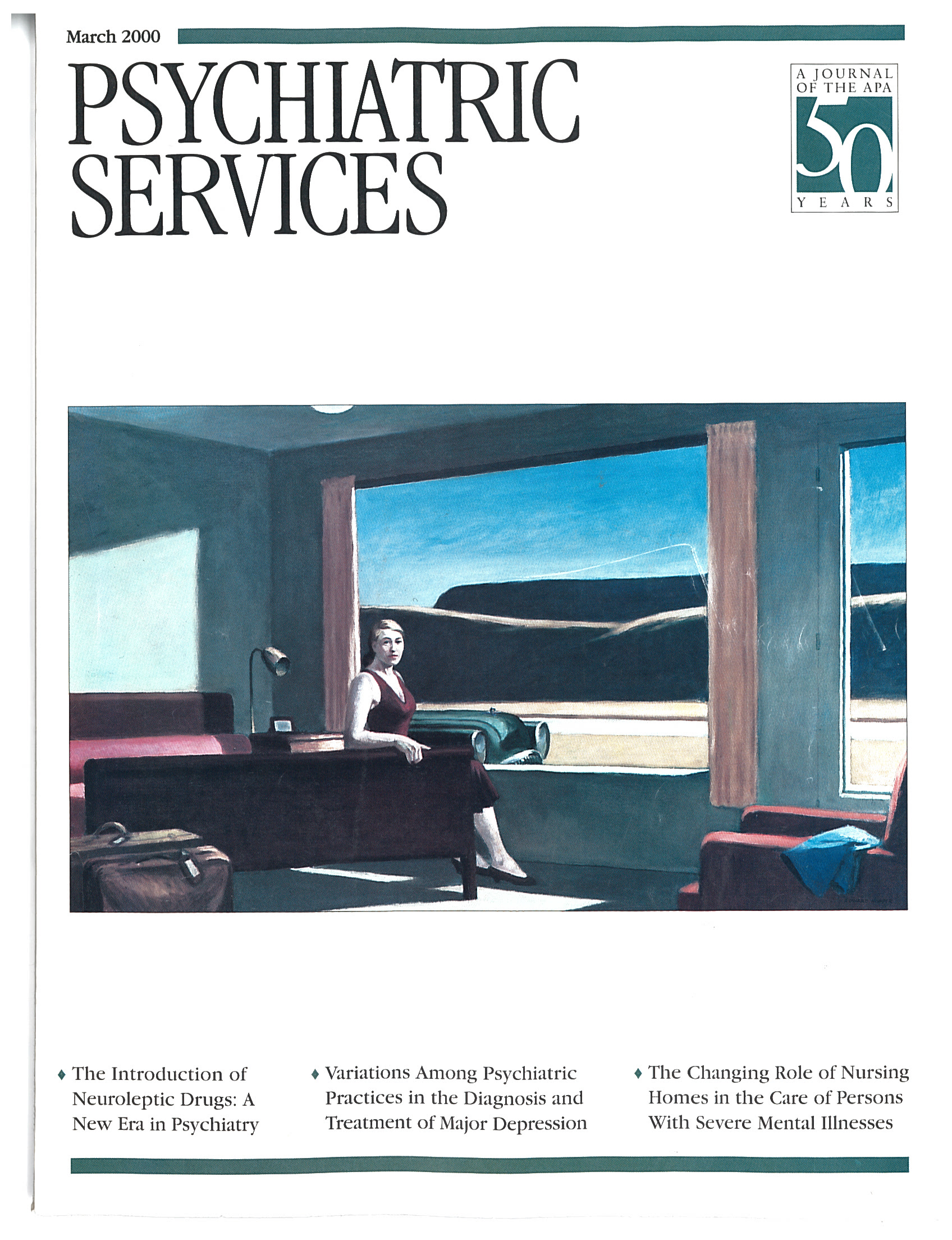"The New Drugs," the 1956 paper about chlorpromazine and reserpine that is reprinted in this issue, is remarkable for highlighting for today's readers how much research we have failed to do during the 44 years since the paper's publication. In his commentary on that paper, Dr. Cancro is correct in noting that "many of the concerns expressed in the 1956 article remain vibrant today." They remain vibrant because we have not supported the specific research needed to make them less vibrant.
The 1956 article discusses the "selection of patients" and "what kind of patients should be treated by the new [at that time] drugs." But almost a half-century later, how much do we know about predicting which patient will respond to which drug? Or which patient will get which side effect? The National Institute of Mental Health (NIMH) has supported pathetically little research on these issues and has basically ceded drug research to the pharmaceutical companies, who pursue only questions that potentially have a big fiscal payoff.
The 1956 article also discusses patient compliance and notes that "if we know a patient to be assaultive without the medication, but fairly docile and acceptable at home under the medication, we must ask if he will continue to take it once he leaves the hospital." Except for a handful of studies, neither NIMH nor the Center for Mental Health Services (CMHS) has supported much research on awareness of illness, reasons for noncompliance, advance directives, outpatient commitment, or related practical initiatives.
Finally, the 1956 article notes that "vocational rehabilitation may come into existence in many hospitals for almost the first time." Fountain House, the original clubhouse, had been in existence for eight years when the 1956 article was written. Yet today there are still less than 200 clubhouses throughout the country, despite their proven efficacy as a means of rehabilitation and social integration. We have multiple examples of small vocational programs that work, such as Fairweather Lodges, yet neither NIMH nor CMHS has paid much attention to them. Similarly, we should have been supporting research on the quality of life and community outcomes for the hundreds of thousands of patients who were deinstitutionalized after the drug revolution, but NIMH and CMHS have supported remarkably little such research.
The 1956 paper, then, reminds us how important the pharmacological breakthrough has been. But it also reminds us of our failure to take the next steps and improve the lives of patients once they have left the hospital.

